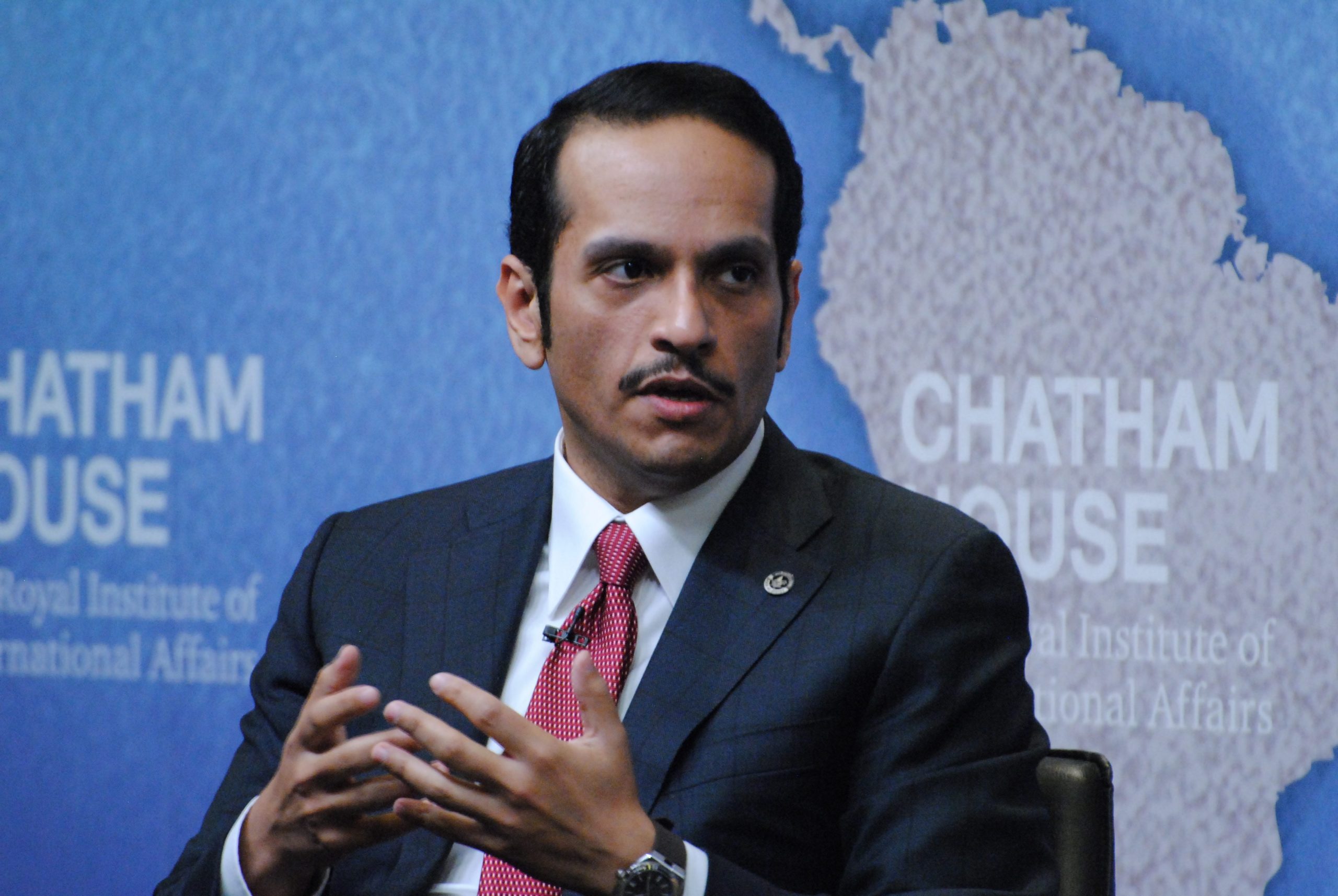Since the onset of 2022, there has been a more positive approach by state officials regarding talks to revive the historic nuclear accord.
Qatar’s connection to Tehran is seen as a complementing feature to the nuclear deal talks in Vienna, Qatar’s Foreign Minister Sheikh Mohammed bin Abdulrahman Al Thani said, noting Doha’s communication with Iran is not a “substitute” to negotiations but rather a “helping factor,” as per Al Jazeera’s reports.
The foreign minister expressed his positive outlook on the potential success of the talks, saying: “We believe that the nuclear agreement opens up prospects for broader regional cooperation and dialogue with Iran.”
The top diplomat further reiterated his country’s role in trying to find common ground between the United States and Iran, though Qatar’s Amir Sheikh Tamim bin Hamad Al Thani told the World Economic Forum in Davos in May that Doha is not an ‘official’ mediator.
“Iran is our next-door neighbour. We have a good understanding and good relationship with Iran, and our role is trying to help and to encourage all parties to come back to this agreement,” he said, at the time.
On Sunday Iran’s Foreign Minister Hossein Amir-Abdollahian said: “We welcome a good, strong and lasting agreement. It’s within reach if US/E3 are realistic.”
Qatar’s stance on the nuclear deal
In late May, Sheikh Mohammed said attaining common ground with regards to the nuclear deal between Iran as well as relevant world powers will aid in boosting stability in the Gulf region and help oil markets.
According to the country’s ministry of foreign affairs, the top diplomat said “pumping additional quantities of Iranian oil to the markets will help stabilise crude prices and reduce inflation.”
The minister expressed his country’s hope that the Amir Sheikh Tamim’s visit to Tehran in early May as well as his Europe tour will help place the nuclear deal, formally known as the Joint Comprehensive Plan of Action (JCPOA), “back on track,” Al Jazeera said.
During his visit to Germany last month, the Amir expressed his optimism during a press conference in Germany over Iran’s nuclear file saying: “We hope that there will be an agreement between the parties of the nuclear deal, and Qatar is ready to participate in resolving this dispute.”
Majed Mohammad Al Ansari, spokesman for Qatar’s foreign affairs ministry said the Gulf country is “very optimistic” about progress in the nuclear talks to achieve “peace and stability in the Gulf region.”
“We hope an agreement that satisfies all parties and guarantees Iran’s right to peaceful use of nuclear energy will be reached as soon as possible,” Al Ansari added.
The nuclear talks
Talks centred around the potential restoration of the JCPOA remain ongoing.
The indirect talks between Iran and the United States initially began in April 2021 in Vienna with the participation of the p4+1, namely the United Kingdom, France, China, Russia plus Germany.
Progress was evident during the first round, as Tehran and Washington both agreed to form two working groups.
One such group was dedicated to the lifting of crippling US sanctions on the Islamic Republic, while the other focused on Tehran’s nuclear facilities. The talks later stalled, with even more sanctions imposed on the already-affected country.
Tehran also enriched its uranium production at 60% as a response to a series of attacks on its nuclear sites, including its Natanz facility. Iran pointed the blame at Israel, citing its objection to the revival of the nuclear deal.
Israel’s claims over Iran’s development of a nuclear weapon have long been used as means to justify its hostility towards the country, as well as its persistence of its occupation of Palestine.
Tel Aviv itself is in possession of nuclear weapons.
Iran says enrichment is to manufacture radiopharmaceuticals, slamming alleged arguments of its development of a nuclear weapon.







